The quality of groundwater determines its value as a resource and how it affects surface-water ecosystems. The BGS researches all aspects of groundwater quality, from assessing natural chemical variations and their controls and effects to the effects of pollution from agriculture, industry and urban sources. The scope of our pollution research ranges from long-established and legacy contaminants (e.g. nitrate; trace metals; microorganisms) to new and emerging contaminants (e.g. pharmaceutical compounds).
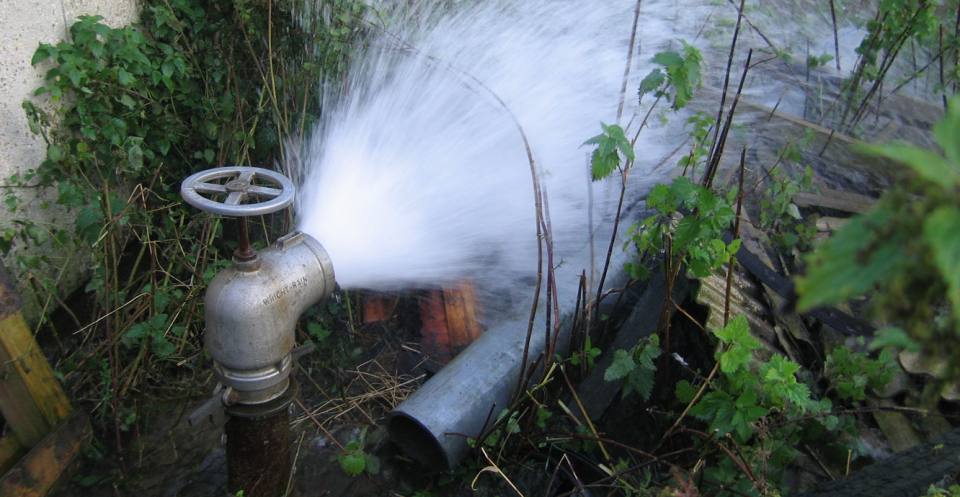
Pumping groundwater from the Chalk, Suffolk. © BGS.
We collaborate with government departments, academia, non-governmental organisations (NGOs) and industry to contribute to process understanding in groundwater quality and support efforts to protect and regulate groundwater resources, both in the UK and overseas.
Key resources
- Baseline reports (England and Wales; Scotland)
- Shale gas environmental monitoring pages
- Nitrate time bomb
- Water quality factsheets produced by BGS for WaterAid by country and by element.
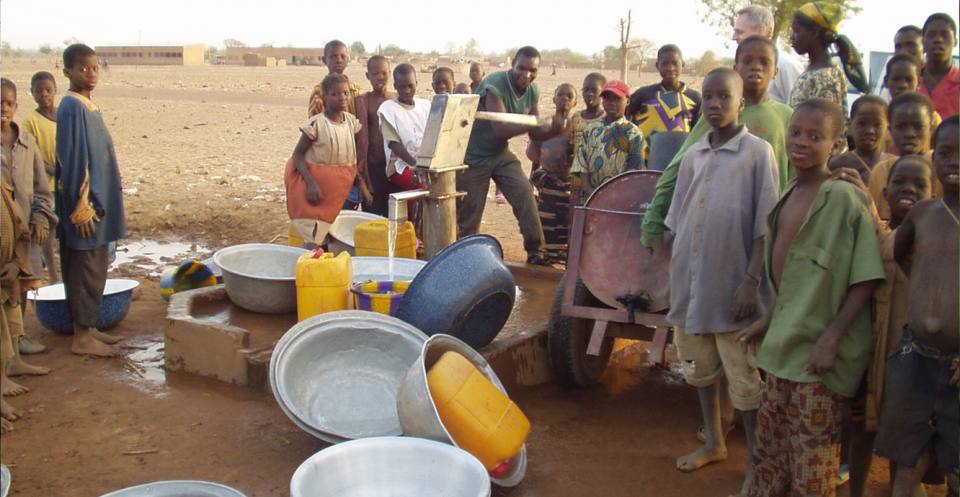
Queuing at the water pump, Burkina Faso. © BGS.
You may also be interested in
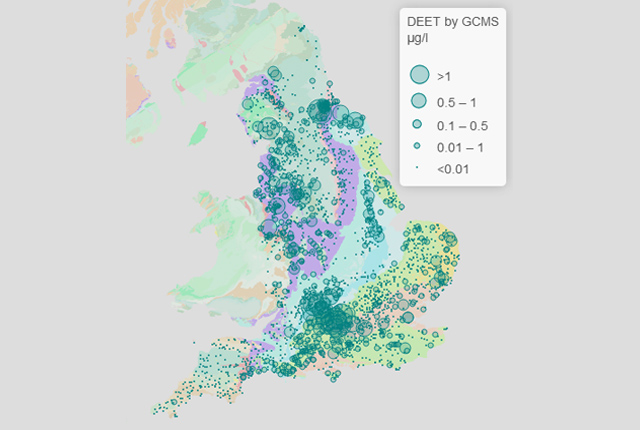
Emerging contaminants in groundwater
The term ’emerging contaminants’ is used to describe substances which are not yet regulated, but may be of environmental or human health concern.
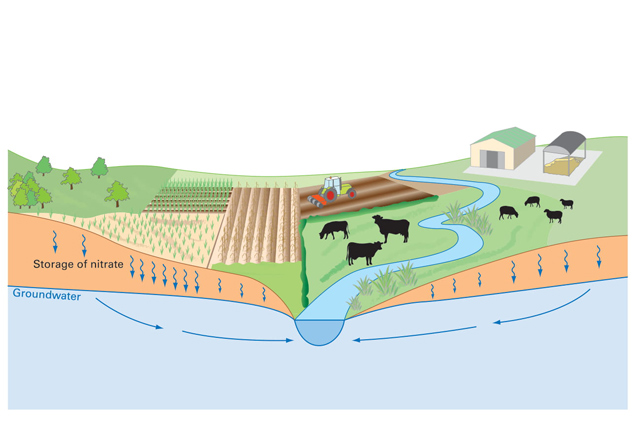
Nitrate time bomb
Nitrate leaching from soils can have negative effects ecosystems and human health.
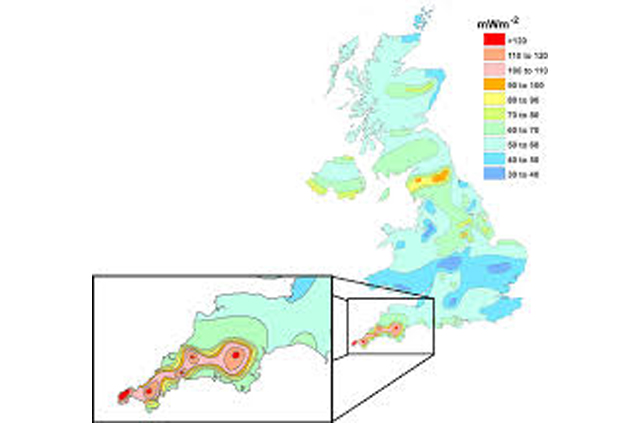
Groundwater and energy
BGS undertakes research to better understand the potential for using groundwater as a renewable geothermal energy source.
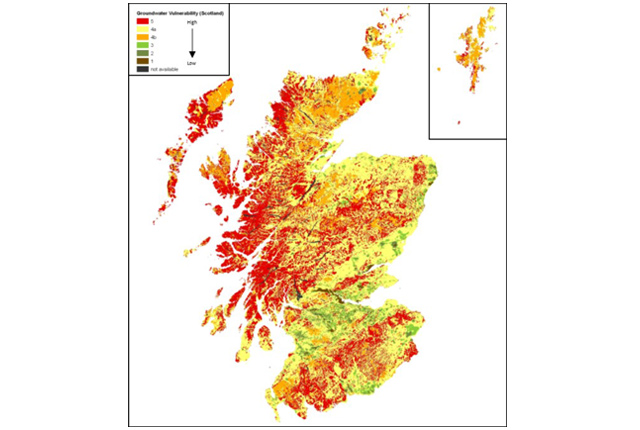
Groundwater protection and vulnerability
Groundwater is vulnerable to contamination from a wide range of human activities including agriculture, urbanisation, waste disposal, past and present industry and from pollution incidents.



